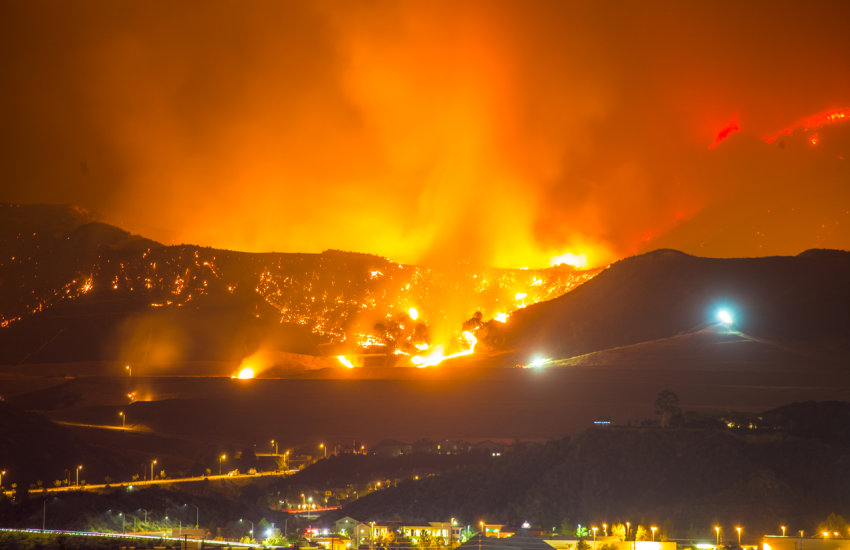One day after Earth Day 2021, California, a state that is routinely—if somewhat surprisingly—among the top five states for oil production, placed a moratorium on new hydraulic fracturing (fracking) by 2024 and the complete end to oil extraction in the state by 2045.
Fracking, the process of extracting oil or natural gas from the earth by using certain chemicals in proportion with large amounts of water to ‘fracture’ rock formations to release crude oil and natural gas, only accounts for up to one fifth of …
Continue Reading









